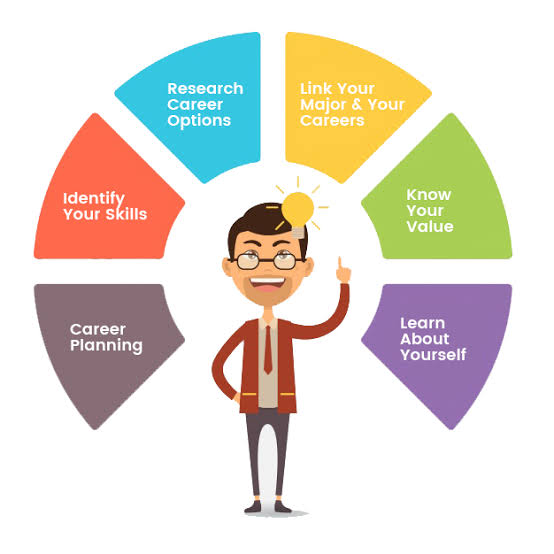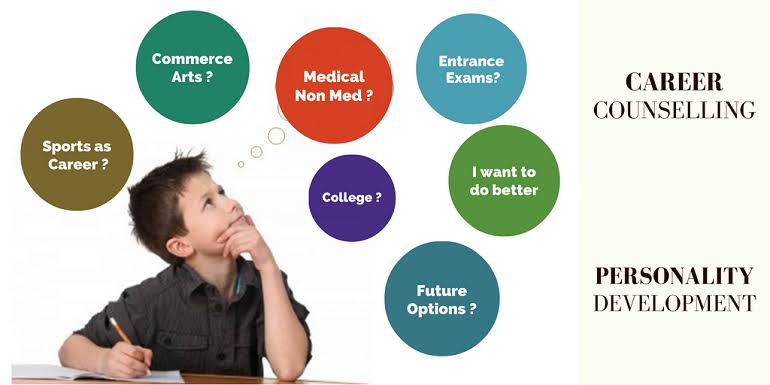12th std Passed

Heartiest congratulations to all the brilliant students who have successfully cleared their 12th standard exams! This is a significant milestone, and you should all be incredibly proud of your hard work and dedication. As you embark on the next exciting chapter, the journey of college admissions and selection awaits. Take your time to research various courses and colleges that align with your interests and career aspirations. Consider factors like the college’s reputation, faculty, infrastructure, and placement opportunities. Don’t hesitate to seek guidance from our experts to make informed decisions that will shape your future. Best of luck with your next steps!
Take Our Experts Guidance
Choose the domain and talk to our experts for detail guidance:
JEE
Joint Entrance Examination
NEET
National Eleigibity Entrance Test
CET
Common Entrance Test PCB
CET
Common Entrance Test PCM
Do your Self Assessment
Hey there! It’s a big step crossing the 12th standard, and thinking about what comes next is super important. Self-assessment is a fantastic way to start figuring things out. It’s all about understanding yourself better so you can make choices that fit you.
Let’s explore how you can do this:
1. Know Thyself: Interests, Values, and Personality
- What do you genuinely enjoy doing? Think about your hobbies, subjects you liked in school (and why), and activities that make you lose track of time. What makes you curious and excited to learn more?
- What’s important to you in life and work? These are your values. Do you value creativity, helping others, making a lot of money, having a stable routine, leading a team, or something else? Understanding your values helps you find a career that feels meaningful.
- What kind of person are you? Are you outgoing and enjoy teamwork, or do you prefer working independently? Are you detail-oriented or a big-picture thinker? Consider your strengths and areas where you might need support. Online personality quizzes (like the Myers-Briggs Type Indicator or Big Five) can offer some insights, but remember they are just tools for reflection.
2. Skills and Strengths Inventory
- What are you good at? Think about both academic and non-academic skills. Are you a good writer, problem-solver, organizer, communicator, artist, technically savvy, or a natural leader?
- What did you excel in during your 12th standard? Which subjects came easily to you? What kind of projects did you enjoy and do well in?
- Ask for feedback: Sometimes, others see our strengths more clearly than we do. Talk to your teachers, friends, and family about what they think you’re good at.
3. Explore Your Options
- Brainstorm careers: Based on your interests and skills, start listing potential career paths. Don’t limit yourself at this stage; just jot down everything that comes to mind. Think about different fields like technology, healthcare, business, arts, sciences, and more.
- Research: Once you have a list, start digging deeper. What does a typical day look like in these roles? What kind of education or training is required? What are the potential career growth opportunities? What are the salary expectations?
- Talk to professionals: If possible, try to connect with people working in careers that interest you. Ask them about their experiences, challenges, and what they enjoy about their work. This can give you a real-world perspective.
4. Connect the Dots
- Match yourself to careers: Now, look at your self-assessment results and the information you’ve gathered about different careers. Where do you see a good overlap between your interests, values, skills, and potential career paths?
- Consider different educational paths: Think about the types of courses or programs that could lead you to your desired careers. This might include bachelor’s degrees in various fields (like B.Tech, B.Sc., B.Com, B.A.), diplomas, or professional certifications.
- Don’t be afraid to explore: Your first choice after 12th doesn’t have to be your forever career. It’s okay to try things out, learn, and adjust your path as you go. Many people change careers multiple times throughout their lives.
5. Make a Plan (But Be Flexible)
- Set some initial goals: Based on your exploration, identify a few potential next steps. This might be researching specific colleges or entrance exams, preparing for a particular course, or seeking out internships or volunteer opportunities.
- Develop an action plan: Outline the steps you need to take to achieve your initial goals. This could include creating a study schedule, preparing application materials, or networking with professionals.
- Stay open to new possibilities: While having a plan is helpful, it’s also important to remain flexible. New opportunities and interests may emerge as you continue to learn and grow.
Some helpful questions to ask yourself during this process:
- What kind of problems do I enjoy solving?
- What kind of work environment would suit me best (e.g., fast-paced, collaborative, independent)?
- What are my long-term career aspirations?
- Am I willing to pursue further education or training?
- What are my financial considerations?
Remember, self-assessment is an ongoing process. As you gain new experiences and learn more about yourself and the world of work, your career goals may evolve. Be patient with yourself, take your time, and enjoy the journey of discovery! You’ve got this!

Still Confused?? Connect with us on WhatsApp 9999999999



